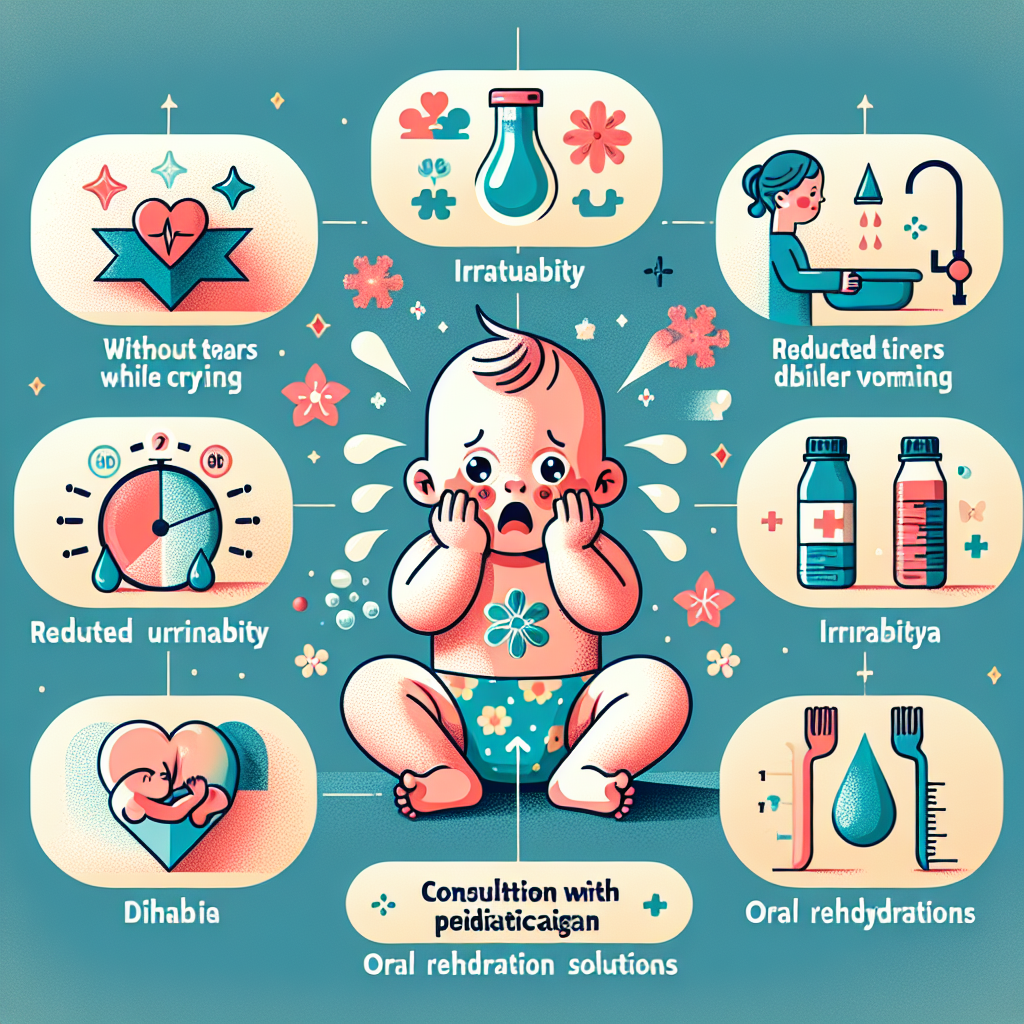Child Development: A Complete Guide to the Essential Stages
In the hectic world we live in, the healthy development of our child is a priority for any parent. From the moment it makes its appearance in the world, until it reaches adulthood, the child goes through various essential stages of growth. Therefore, it is vital to understand these stages in order to be able to support them and ensure that our little ones develop harmoniously.
Motor Development
Motor development is one of the first and most visible forms of progress in a little one's life. It starts with simple movements, such as shaking arms and legs, to progress to the stage where the child can walk, run and jump. Around three months of age, babies begin to control their head and neck, and by six months most can sit up supported. By the age of one, many children begin to stand up and take their first steps.
As children get older, they will develop and refine their fine motor skills, such as grasping small objects between the thumb and forefinger or using writing instruments. Each stage of motor development prepares the ground for the next, ensuring that the foundation is solid for the more complex skills that will follow.
Language development
Communication is another essential area of child development. From the first smiles and gurgles, to pronouncing the first words and building sentences, language is a key indicator of cognitive development. Around six months of age, babies begin to make sounds and express their emotions through different vocalizations. By the time they reach the age of two, most children have a vocabulary of about 50 words and begin to string words together to form simple sentences.
It is crucial for parents to stimulate language development by reading books, constant conversations and by encouraging the free expression of the child's thoughts and feelings. The acquisition of early language skills has a profound impact on academic and social success later in life.
Emotional and Social Development
The ability to interact with others and manage personal emotions is fundamental to a child's development. Babies learn to recognize their parents and begin to interact with the world around them through smiles and play. As they grow, they also develop more social skills, such as taking turns in games and empathizing with other people's feelings.
Parents play a critical role in shaping their children's social skills. Providing a loving and supportive environment, setting clear boundaries and rules, and modeling appropriate behavior are all key components in this development.
Cognitive Development
Cognitive development refers to how children learn to think, explore and solve problems. Children are natural explorers and from the moment they start interacting with the world, they are testing and learning about the environment. In the early stages, learning takes place through the senses and the manipulation of objects. Young children are very curious and will take advantage of any opportunity to discover something new.
As growth continues, children become more sophisticated in their thinking. They begin to understand abstract concepts, develop memory and attention, and begin to understand the world from a broader perspective. This process is vital to success in school and adult life.
Conclusion
In conclusion, every stage of a child's development is crucial in shaping the person they will become. As parents, it is our job to be informed, attentive and responsive to their needs at every stage. By continually interacting with our children and supporting them in their growth, we can help them reach their full potential and become balanced and happy adults. By arming ourselves with the proper knowledge and patience, we can ensure that the road to maturity is as smooth and pleasant as possible for our little ones.














































































































































